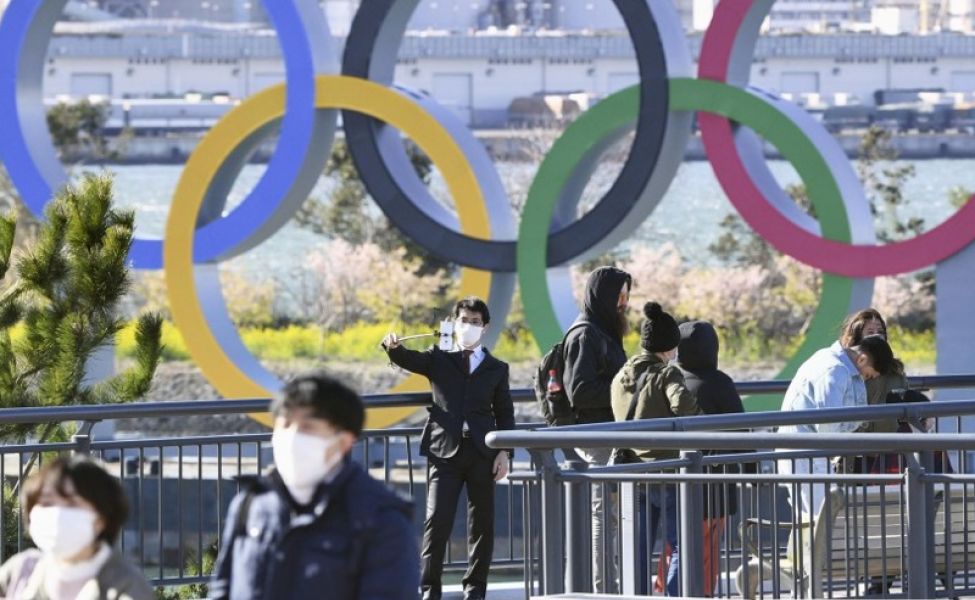
The financial fallout from cancelling the games or holding them without spectators and issuing ticket refunds would be too great to consider
"I don't think the games could be canceled, it'd be a delay", - said Haruyuki TAKAHASHI, a former senior managing director at Dentsu Inc., Japan's largest advertising agency.
"The International Olympic Committee would be in trouble if there's a cancellation. American TV rights alone provide them with a huge amount".
The organizing committee released an official comment denying knowledge of Takahashi's suggestion and reaffirming the Olympics will go ahead as scheduled on July 24.
"We are not aware of the details or content of the remarks, - organizers said. - We are not considering postponing the games. Preparations for the tournament will proceed as planned".
According to Takahashi, the financial fallout from cancelling the games or holding them without spectators and issuing ticket refunds would be too great to consider.
He suggested a two-year delay would be easier for organizers to arrange since next year's sports schedule in the United States and Europe is largely fixed, and American broadcasters have already paid huge fees for broadcast rights to the Tokyo Games at a time that does not conflict with other major sports events.
The WSJ estimates that about 73 percent of the IOC's revenue comes from selling broadcasting rights, according to the governing body's latest financial statement.
Takahashi also told the WSJ that the organizing committee has yet to discuss the impact of coronavirus.
"We'll have to start talking about this seriously from April", - he said.









